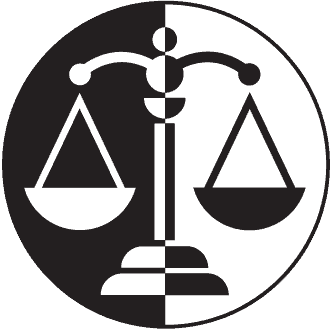“I don’t want the nursing home to take my house.”
In my over twenty-five years of practicing elder law and estate planning in North Carolina, it may be one of the most frequent statements I’ve heard from clients:
“Is Medicare or Medicaid going to take my home?”
“How can my parents keep the government from taking their house?”
“I don’t want the nursing home to take my house.”
For most of us, our house is our most valuable asset. People work hard for years to pay off a mortgage, and during that time, they create a lot of family memories in their homes. They understandably don’t want to lose the family home to the cost of a long-term illness.
Most clients are surprised to hear that the government or the nursing home is not actually going to “take” their house, and the State of North Carolina is not going to put a lien on the home. If you’re in a nursing home and run out of money to pay for your care, the nursing home may try to evict you for non-payment, but they’re not taking away your house. That doesn’t mean, however, that your house is safe and you’ll be able to pass it on to your heirs.
Often when a person runs out of money to pay for their care in a nursing home, they apply for Medicaid to cover the cost of their stay. A person’s home is considered exempt for Medicaid qualification purposes – the value of the homeplace is not counted when determining if an individual is eligible for Medicaid. Thus, a person can keep their home and still qualify for Medicaid to cover the cost of their stay in a skilled nursing facility. The problem arises, however, when that Medicaid recipient dies. The State files a claim against the estate of the deceased Medicaid recipient for the cost of care provided during that person’s life. If the Medicaid recipient still owned their home at the time of their death and it is, therefore, part of their estate, then their Executor may have to sell the home to reimburse the State for the amount Medicaid paid for that person’s skilled nursing care.
Thankfully, elder law attorneys have several methods to help people protect their homes from Medicaid estate recovery. If you or a family member are facing the prospect of a stay in long-term care, contact us at 919-863-4183 to discuss the various options for protecting the homeplace in North Carolina.
Amanda Spence has been practicing Elder Law and assisting clients with Medicaid planning in Raleigh, North Carolina since 1995. If you want to discuss protecting your assets from the catastrophic cost of nursing home care, contact Ms. Spence by telephone at (919) 863-4183 or by email at aspence@allenspence.com.

